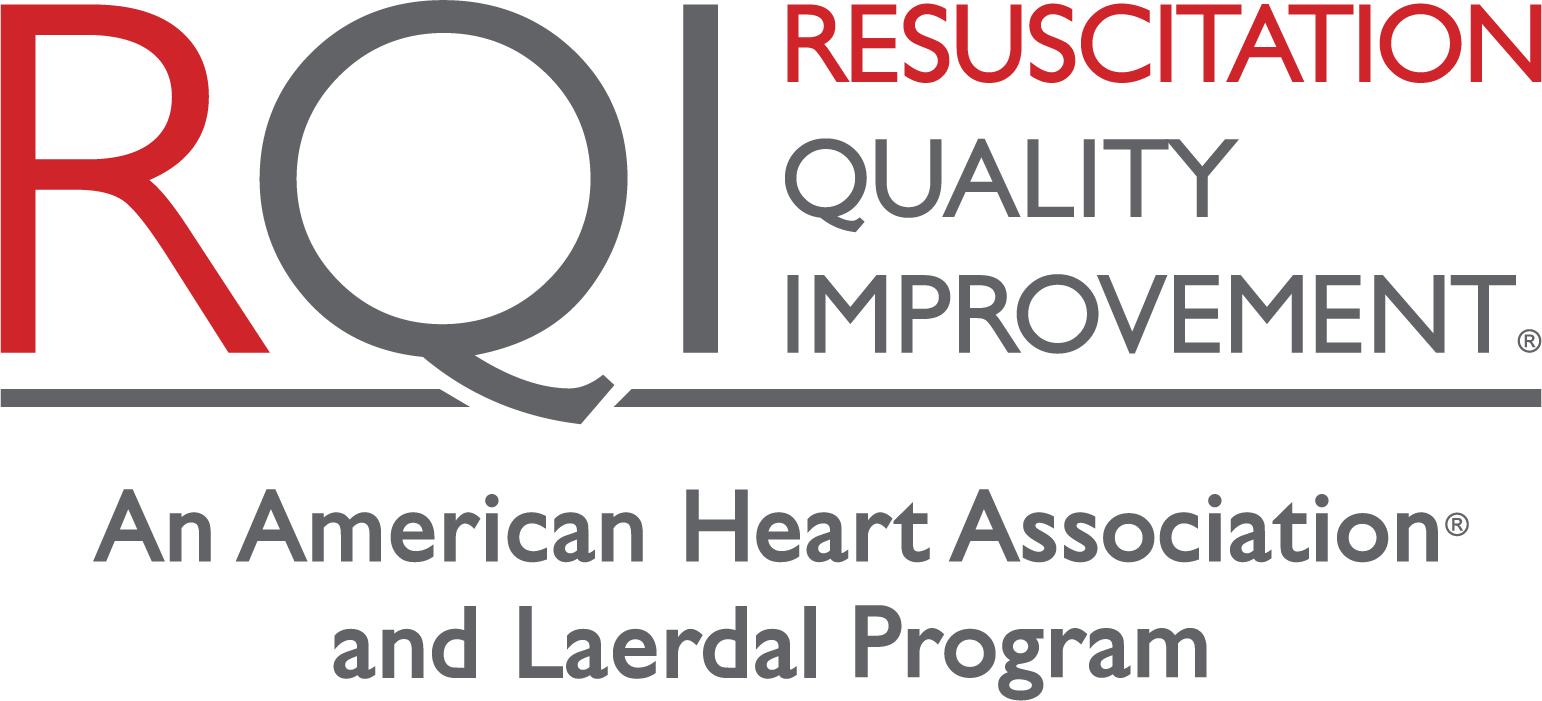The Effect of Instructional Method on Cardiopulmonary Resuscitation Skill Performance A Comparison Between Instructor-Led Basic Life Support and Computer-Based Basic Life Support With Voice-Activated Manikin
Findings suggest a computer-based learning course with voice-activated
manikins is a more effective method of training for improved CPR performance than instructor-led courses.
